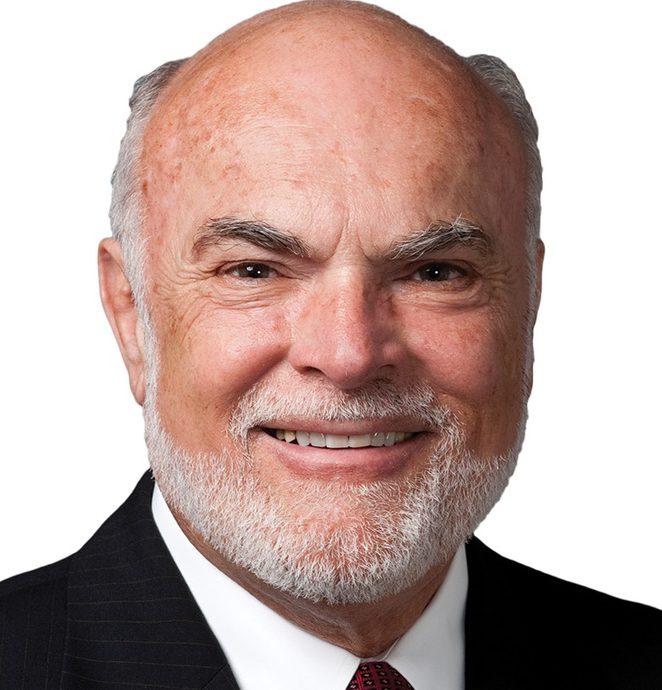My Five Cents New: bill will prohibit telemarketers, businesses from caller ID spoofing
Published 3:00 pm Tuesday, May 21, 2019

- District 3 State Senator Robert Nichols
While the session is five months long, 80 percent of the work is done in 20 percent of the time.
At the writing of this column, we have 11 days left in the Session, and much of the work is left to be done.
Here are five things happening at your Capitol this week:
Trending
- Telemarketer Bill
We have all received multiple phone calls in a day which inevitably can turn into being calls from a telemarketer. Even if you block the number, they are able to call right back, having changed just one digit in their number. This loop of blocking numbers and having them call back can continue on and on. In an attempt to help with this problem, HB 1992 is making its way through the Legislature and will prohibit telemarketers or businesses from caller ID spoofing. This is when a caller tampers with the information transmitted to an individuals caller ID to disguise their identity. Telemarketers, who use a third party source to make calls, must ensure the number that appears on the caller ID matches the number of the third party or the number of the originating entity. This will hopefully cut down on the number of unsolicited calls we all receive.
- Non-Medical Switching
Many Texans rely on medication to ensure they are able to live a fulfilling life. It can often take months or years for them to find the right medication and dosage. HB 2099 would, on a patient by patient basis, prohibit insurance companies from non-medical switching of patients medications. Non-medical switching happens when insurance companies remove a previously covered drug from their list of covered drugs, increase the copay, prohibit the use of co-pay coupons which can make it more affordable, or move the drug up to a higher cost tier in their plan. HB 2099 would prevent an insurance company from taking a patient off a prescribed medication upon renewing their insurance plan if the patient has been stable on that drug.
Trending
- Majoring in Education
A college student hoping to be a biologist will major in biology or a potential nurse in nursing. However, for a student wanting to go into education, they are unable to major in education. Instead, they must major in their subject area, such as mathematics, or in interdisciplinary studies with a certification in the specific grades they hope to teach. This has been the case since the early 1980s when education was eliminated as a major due to the belief that an education degree was not sufficiently preparing potential teachers. HB 3217 has passed the Legislature and will allow college students to major in education and have it appear on their degree. Many proponents of this bill believe reinstating this degree will be a great step forward in recruiting future potential educators.
- Red Light Cameras
HB 1631, which would outlaw all red light cameras in the state, has passed out of the House and is making its way through the Senate. Red light cameras take a photo of a vehicle entering an intersection after the light has turned red and then a ticket, requiring a fine, is sent to the owner of the vehicle. Critics of these cameras believe it violates the U.S. Constitution and can cause accidents as people abruptly stop to prevent running through an intersection. If this bill passes, you may still see these cameras around for a little while longer. There is a grandfather clause on which would allow local entities to honor their current contracts till their end, but not be able to renew them.
- Veto Period
As the session is slowly drawing to a close, more bills are being passed by both chambers and sent to the governor’s office. Upon receipt, the governor has 10 days to review and either sign or veto a bill before it automatically becomes law. In addition, the governor has the power of line-item veto for the budget, where he can remove certain provisions listed, without killing the entire budget.
While the Legislature may, in theory, override a veto with a two-thirds vote, that is impossible if the session has ended. Because almost all legislation is finally passed in the last days of the session, few bills could be revived should the governor veto it. This makes the governor’s veto a very powerful tool as it can completely shut down legislation despite its passage by the Legislature. I will continue to keep you updated as we finish out the last few days of the session.
Robert Nichols is the Republican Senator for the 3rd District in the Texas Senate.





